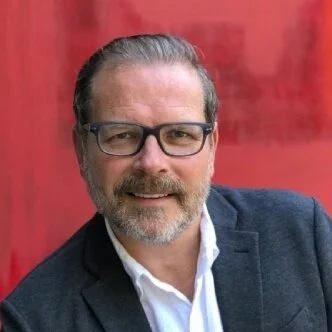Dr. Charles D. Koven - Earth System Scientist - Lead Author on the IPCC Report
/Earth System Scientist, Climate Sciences Department, Lawrence Berkeley National Laboratory
Lead Author on the IPCC Report
Looking into the future, as a scientist, what I've learned how to do is hold multiple futures in my head at the same time because we just don't know. We don't know what the future holds. We need to fight for the futures that we want, and against the futures that we don't want. All I can really say is that it's up to us. It's up to us to fight and advocate for the future we want, and what does that look like, and how do we get there?








